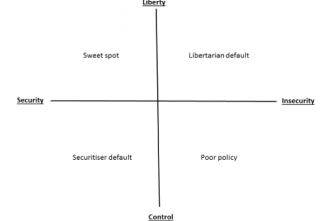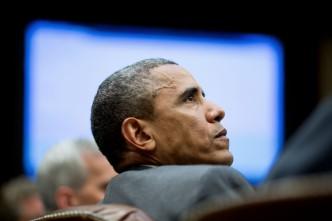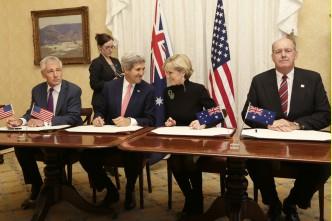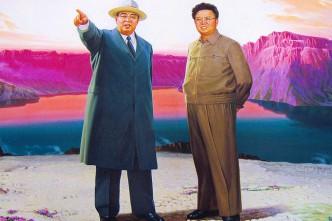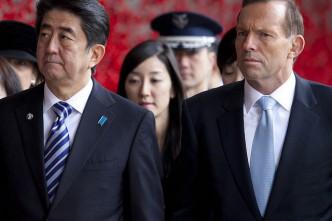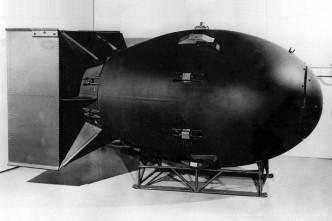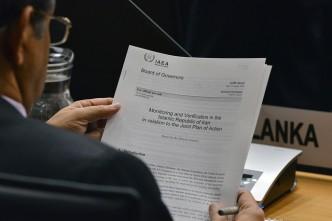Regardless of how the Scottish referendum on independence turns out, it’s worth putting the event into context by recalling some basic facts concerning the rate of state proliferation. That’s not a topic that gets a …
In recent weeks, three of my colleagues have written about the appropriate balance that we should attempt to strike between national security and civil liberties. Toby Feakin began the series with a post which argued that positioning security …
Given the intensity of media focus on a series of crises this year—Iraq, Syria, Ukraine, Ebola, and the South China Sea to name just a few—readers may be forgiven for having failed to notice that …
August has seen a wave of reflection on major war. It’s a question we seem to revisit every time the key anniversaries of WWI and WWII roll around, but given special significance this year by …
With the annual Australia–US Ministerial Consultations (AUSMIN) recently concluded in Sydney, it’s a good time to reassess the broader Australian–US strategic relationship. I want to frame that assessment here by employing a SWOT analysis. The …
The recent posts by Peter Jennings and Hugh White outline an interesting set of thoughts about Australia’s strategic policy options in a transformational Asia. If I can summarise the argument bluntly, Peter says we don’t …
The death last week of General Jon Pyong-ho, aged 88, chief architect of the North Korean nuclear program, raises the tantalising question, ‘where to from here?’. We’ve become accustomed to a North Korean nuclear program …
The rapidly-warming strategic relationship between Australia and Japan has drawn considerable attention this week. Some are for it, some are against it. Some see it as a mechanism to reinforce the growth of a responsible …
As work on the Defence White Paper begins to quicken, I think there ought to be a broader public debate about what Australia’s strategic role should be. This is the under-discussed part of every White …
I thank Crispin Rovere for his thoughtful response to my original post on US declaratory nuclear policy. But I must take issue with the guts of his argument in relation to the sole purpose issue. …
Nuclear arms control has always involved two separate efforts: designing arsenals to ensure they are threatening but not destabilising; and enunciating declaratory policy to clarify expectations about when and why nuclear weapons might be used. …
The six-month temporary agreement between Iran on the one hand and US, UK, France, Germany, Russia and China on the other is rapidly running out. The Joint Plan of Action (JPA) took effect on 20 …

